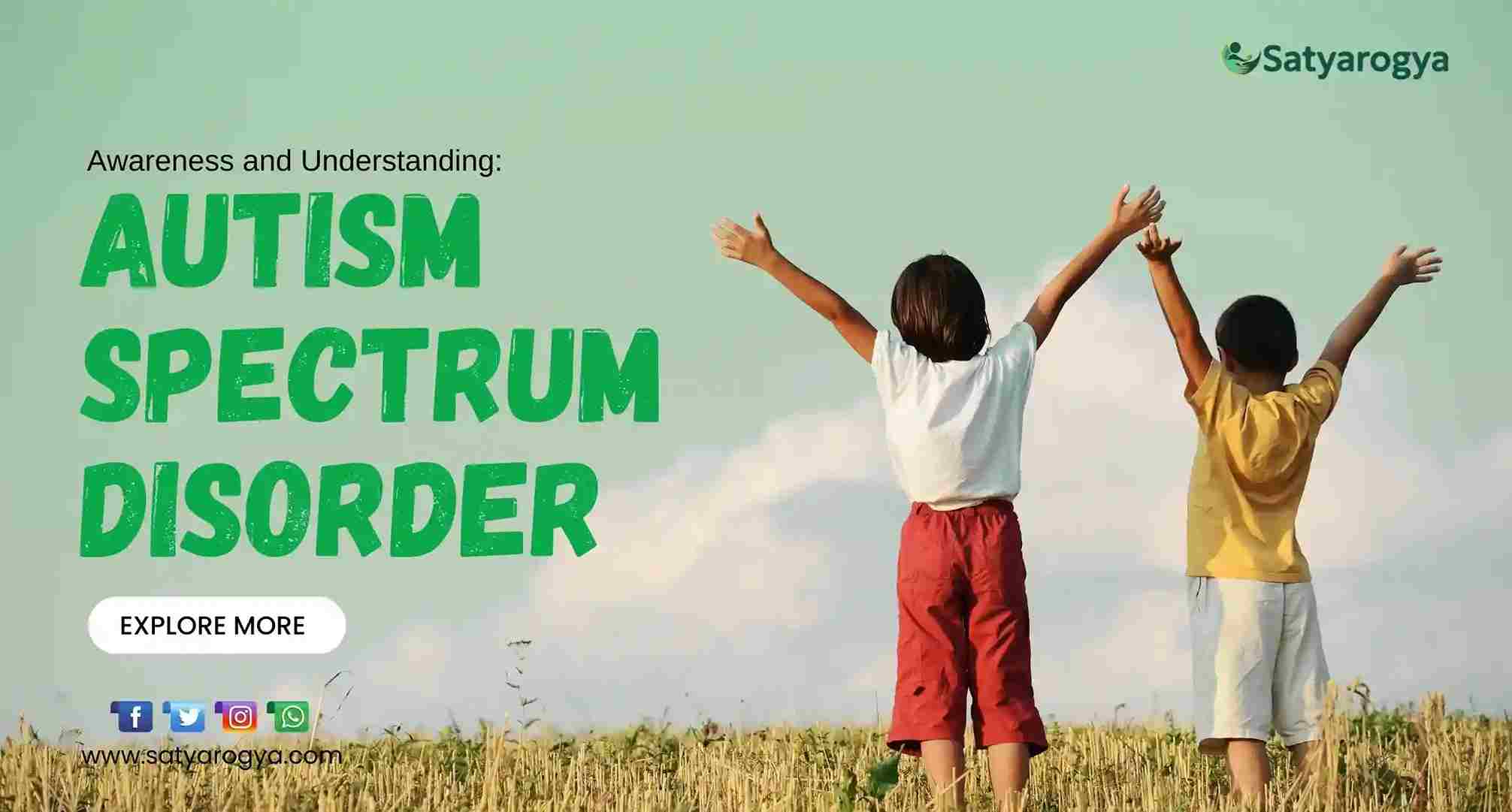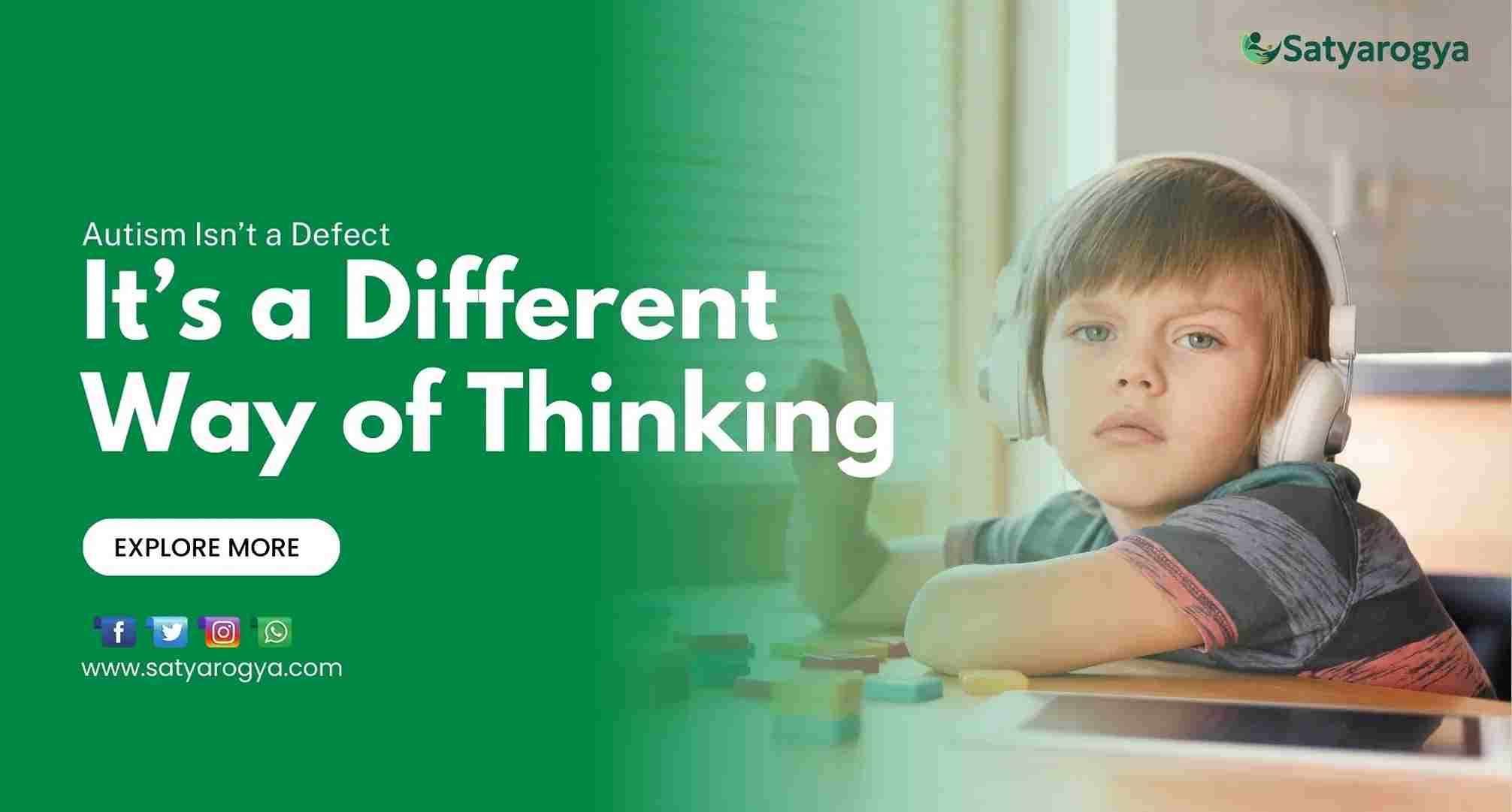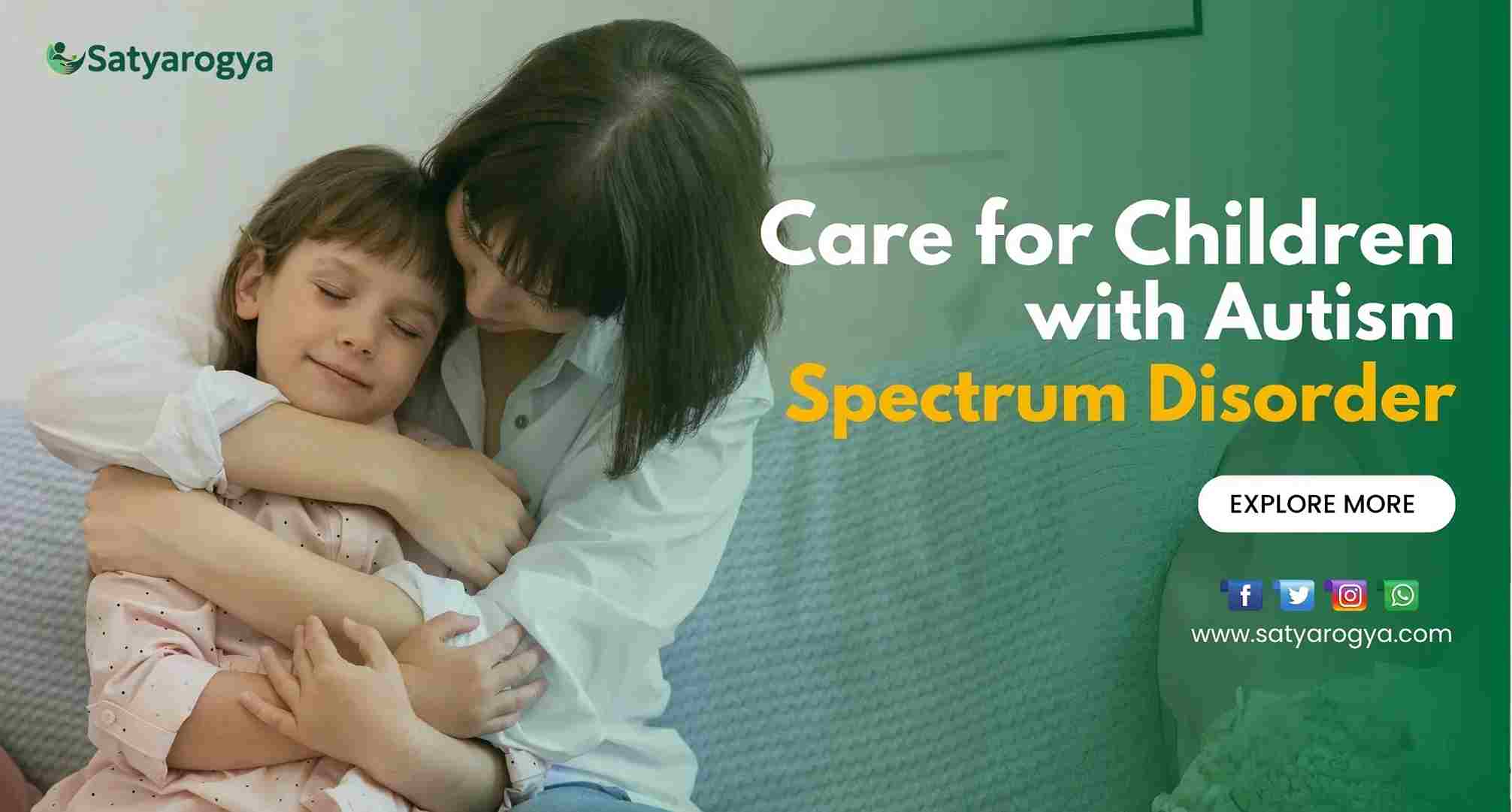
Autism Spectrum Disorder (ASD): Awareness and Understanding.
What is Autism Spectrum Disorder?
Basic Definition.
Autism Spectrum Disorder, commonly referred to as ASD, is a complex neurological and developmental condition that affects how a person interacts, communicates, behaves, and learns. The “spectrum” part means that it impacts individuals differently—some mildly, others more severely.
History and Evolution of the Term
Back in the 1940s, researchers started using the word “autism” to describe certain behaviors. Over the decades, the understanding of the condition has evolved. The DSM-5, the latest psychiatric guide, grouped related disorders like Asperger’s and PDD-NOS under one umbrella—ASD.
Signs and Symptoms of Autism:-
Early Childhood Signs
A child might show signs as early as 12 to 18 months. effects like avoiding eye contact, delayed speech, and repetitious movements( like rocking or hand- flopping) can be early pointers.
Adolescent and Adult Symptoms
Teens and adults with ASD may struggle with social cues, sarcasm, or making friends. They may also have deep, focused interests and find comfort in routines.
Differences in Symptoms Across the Spectrum
Some substances might need full- time care, while others live singly and thrive. That’s why it’s a “ stretch ” — no two people are the same.
Causes and Risk Factors:-
Genetic Influences
Research shows that genes play a major role. If one child in a family has ASD, there’s a higher chance that siblings might too.
Environmental Factors
Certain factors during pregnancy, such as exposure to pollutants or complications during childbirth, may contribute. But science is still exploring this area.
Myths About Vaccines and Autism
Let’s be clear: vaccines do not cause autism. Numerous studies have debunked this harmful myth, yet it sadly still circulates.
Diagnosing Autism:-
How Diagnoses Are Made
Professionals use behavioral assessments, questionnaires, and interviews with caregivers. There’s no blood test or MRI to detect autism—yet.
Importance of Early Intervention
Early diagnosis means early support, which can significantly improve communication, learning, and social skills.
Diagnostic Tools Used by Professionals
Tools like the Autism Diagnostic Observation Schedule (ADOS) and the Childhood Autism Rating Scale (CARS) help professionals make accurate diagnoses.
Types of Autism Spectrum Disorder:-
High-Functioning Autism (Asperger’s)
These individuals often have above-average intelligence but may struggle socially and emotionally.
Classic Autism
This includes significant language delays and social challenges, often with intellectual disabilities.
PDD-NOS
This catch-all term was used when symptoms didn’t quite fit other categories. It’s no longer diagnosed, but it is still referenced in some literature.
How Autism Affects Daily Life:-
Communication Challenges
Many people with autism struggle with both verbal and nonverbal communication. Some individuals may be non-verbal, while others speak formally or repetitively.
Social Interaction Struggles
Understanding facial expressions, jokes, or group dynamics can be tough. It’s like trying to navigate social life with a different set of rules.
Sensory Processing Differences
Bright lights, loud sounds, or certain textures may overwhelm someone with ASD. Sensory-friendly environments can make a huge difference.
Treatment and Management Options:-
Behavioral Therapy
Applied Behavior Analysis (ABA) is widely used to help improve behaviors and teach new skills.
Speech and Occupational Therapy
These therapies help improve language, fine motor skills, and daily life activities like brushing teeth or tying shoes.
Medications and Supplements
While there’s no “cure,” some medications can help manage anxiety, depression, or attention challenges often associated with ASD.
Educational Support for People with Autism:-
IEPs and 504 Plans in Schools
These are legal documents that ensure students with autism get the support they need—like extra time on tests or a quiet room for breaks.
Inclusive Classroom Strategies
Visual schedules, social stories, and sensory tools can help autistic students thrive in mainstream classrooms.
Role of Special Education
Special education teachers are trained to meet the unique learning needs of neurodiverse students.
Supporting Families and Caregivers:-
Emotional and Mental Health Challenges
Raising a child with autism can be rewarding and exhausting. Caregivers often face burnout and need support too.
Support Groups and Resources
Online forums, local meetups, and parent training programs provide comfort, guidance, and a sense of community.
Building a Supportive Home Environment
Consistency, patience, and love go a long way. Structured routines and clear expectations help autistic individuals feel secure.
Autism in Adulthood:-
Employment Opportunities
Many adults with ASD excel in tech, arts, and data-driven roles. Companies like Microsoft actively recruit neurodiverse talent.
Independent Living and Support
Some live on their own, others need supported housing. With the right help, independence is possible and empowering.
Relationships and Social Life
Yes, people with autism date, marry, and form close friendships—just in their own unique ways.
Promoting Autism Awareness:-
World Autism Awareness Day
Celebrated every April 2nd, this day shines a light on acceptance and inclusion.
Importance of Public Education
The more people understand autism, the more accepting and accommodating society becomes.
How to Be an Ally
Listen without judgment, use inclusive language, and advocate for accessibility wherever you can.
Resources and Where to Get Help:-
National and Local Organizations
- Autism Speaks
- National Autism Association
- Local school district services
Professional Help Centers
Behavioral clinics, occupational therapy centers, and speech-language pathologists all offer essential services.
Conclusion:-
Autism Spectrum Disorder isn’t something to be “fixed”—it’s something to be understood, respected, and supported. By spreading awareness, breaking down stigma, and providing meaningful support, we can build a world where everyone, no matter how they think or communicate, has a place to thrive.
Need Professional Help for Your Child’s Development?
At Satyarogya Healthcare, our expert team is here to support your child with personalized care, evidence-based therapies, and family-focused guidance.
📞 Call us at +91 8448574664
📧 Email: Info.satyarogya@gmail.com
🌐 Visit: www.satyarogya.com
📍 Location: Noida, UP, India
Let our expert team help your child thrive—get in touch today.

